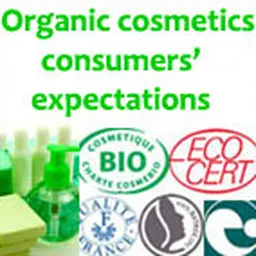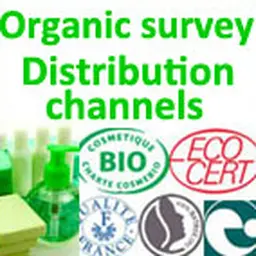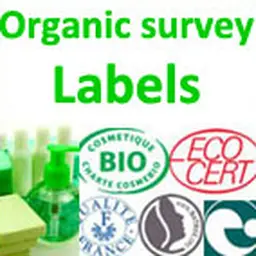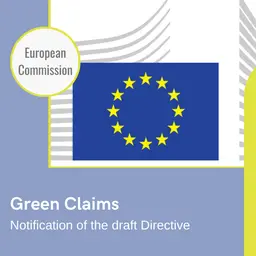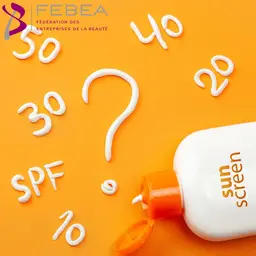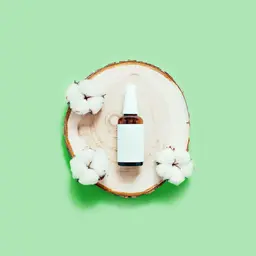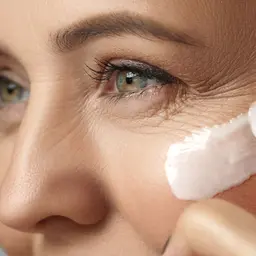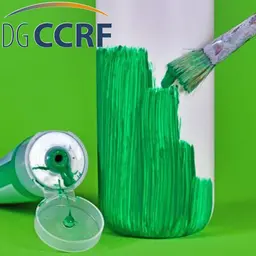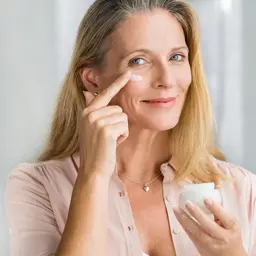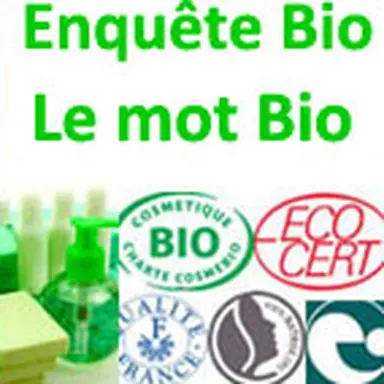
What does the word organic mean to the consumer? What qualifiers does it imply to describe an organic cosmetic? And what affirmations seem right to him to define it? The third and final part of the CosmeticOBS survey on organic cosmetics*.
The word organic is nowadays, in marketing communication but also in everyday language, a term more than used until being overused. If for some, it has partly freed itself from its original meaning by losing its suffix, or even, is distorted and reflects an abuse of language (the prefix organic from Greek “bios” life”, is used to form terms, such as the organic logie, the organic graphie, the organic ethics or organic diversity), it is now accepted in three letters as the diminutive of”agriculture organic logical” and appears under this definition in dictionaries. Let, logically, be an invariable adjective, synonymous with natural:
• “No fertilizers or synthetic pesticides; natural: Organic agriculture. Organic products” (Larousse Dictionary)
• “Relating to a product (or crop) from organic farming and therefore contains no synthetic fertilizers or pesticides. An organic product or culture is said to be natural” (The Internet user)
And even, like a male name:
• “Term designating all productions and products that are part of organic farming” (Médiadico)
But what about cosmetics consumers?
Yes to the word organic, but can do better?
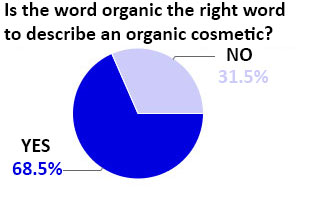 Among consumers surveyed occasionally in our organic cosmetics survey*, 68.5% think organic is the right word …
Among consumers surveyed occasionally in our organic cosmetics survey*, 68.5% think organic is the right word …

